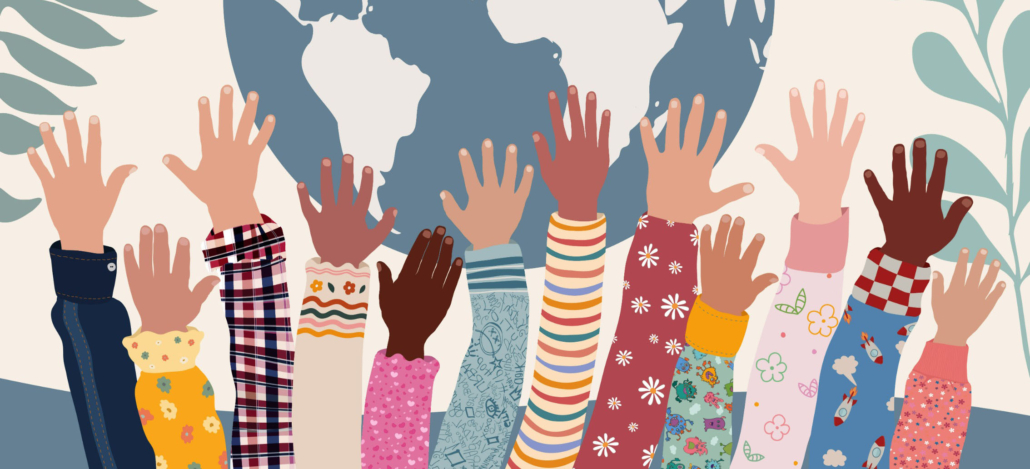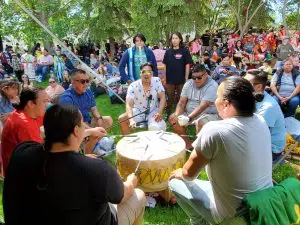Education and Cultural Policy Shaping Our Future

The trajectory of societies is profoundly influenced by the frameworks they establish for learning and cultural identity. Education and cultural policy serve as the backbone of national progress, weaving together the transmission of knowledge, preservation of heritage, and adaptation to global change. These policies are not mere administrative guidelines. They are instruments that mold future generations, instill shared values, and prepare communities for the complexities of an interconnected world.
The Dual Power of Education and Culture
Education equips individuals with the tools for critical thought, problem-solving, and innovation. Culture, on the other hand, provides meaning, continuity, and a sense of belonging. When combined, education and cultural policy reinforce one another, ensuring that intellectual growth aligns with social identity and cohesion. For example, policies that integrate local history, languages, and traditions into curricula create learners who are both globally competent and rooted in their heritage.
Policies as Drivers of Social Equity
At their core, education and cultural policy must address equity. Unequal access to quality schooling perpetuates cycles of poverty, while neglect of cultural representation diminishes the dignity of marginalized groups. Forward-looking policies prioritize inclusive learning environments where diversity is celebrated, and no student is left behind due to economic, geographic, or cultural barriers. By embedding equity as a guiding principle, governments cultivate not only skilled citizens but also empathetic and socially responsible individuals.
Innovation and the Global Knowledge Economy
The 21st century demands policies that go beyond traditional schooling. Nations competing in the global knowledge economy rely on an educated populace capable of leveraging science, technology, and digital literacy. Yet, these competencies must be balanced with cultural fluency. Education and cultural policy that emphasizes STEM innovation while also supporting arts, literature, and cultural heritage ensures a comprehensive framework for human development. This equilibrium nurtures creativity, resilience, and adaptability—qualities indispensable in a rapidly evolving landscape.
Cultural Preservation Amid Globalization
Globalization presents a paradox. It offers exposure to vast streams of knowledge and exchange while simultaneously threatening cultural distinctiveness. Without protective measures, languages disappear, indigenous traditions wane, and unique worldviews fade. Education and cultural policy becomes the safeguard, embedding cultural studies within curricula, funding community-based art and heritage projects, and empowering youth to value their roots. These strategies ensure that cultural identity survives alongside technological advancement.
Civic Responsibility and Democratic Values
Sound policies also cultivate engaged citizens. Beyond academic proficiency, students must learn civic responsibility, democratic values, and intercultural dialogue. Through education and cultural policy, schools can encourage debate, critical engagement with media, and ethical reflection. These elements prepare learners not just for employment but for active participation in democratic life, reinforcing the resilience of societies against misinformation, authoritarianism, or social fragmentation.
International Cooperation in Education and Culture
In a globalized era, no nation shapes its policies in isolation. International bodies such as UNESCO promote collaborative frameworks to strengthen education and cultural policy across borders. Cross-national exchange programs, shared research, and cultural diplomacy broaden horizons and foster mutual respect. By engaging in such initiatives, countries demonstrate that education and culture are universal assets, capable of bridging divides and fostering peace.
Challenges Facing Policymakers
Crafting effective education and cultural policy is not without obstacles. Budget constraints often force difficult choices between infrastructure and cultural programs. Political changes may shift priorities abruptly, leaving policies inconsistent and communities underserved. Rapid technological evolution creates further complexity, requiring ongoing adaptation to new learning methods and cultural platforms. Policymakers must balance immediate needs with long-term vision, ensuring sustainability and relevance in every initiative.
The Future of Education and Culture
Looking ahead, the integration of artificial intelligence, personalized learning, and global cultural exchange will redefine the way societies view knowledge and identity. Education and cultural policy must be dynamic, anticipating these transformations while staying true to core human values. Policies should emphasize lifelong learning, resilience in the face of climate change, and ethical engagement with technology. Just as importantly, they must protect cultural narratives that give people a sense of meaning and continuity.
The shaping of tomorrow hinges on the choices made today. Education and cultural policy are not peripheral issues; they are central to building societies that are intellectually empowered, culturally grounded, and globally interconnected. When policies embrace inclusivity, innovation, and preservation, they serve as a compass for sustainable progress. In cultivating both knowledge and identity, nations prepare their citizens to thrive, not only as workers or consumers but as stewards of culture and active participants in a shared human future.



